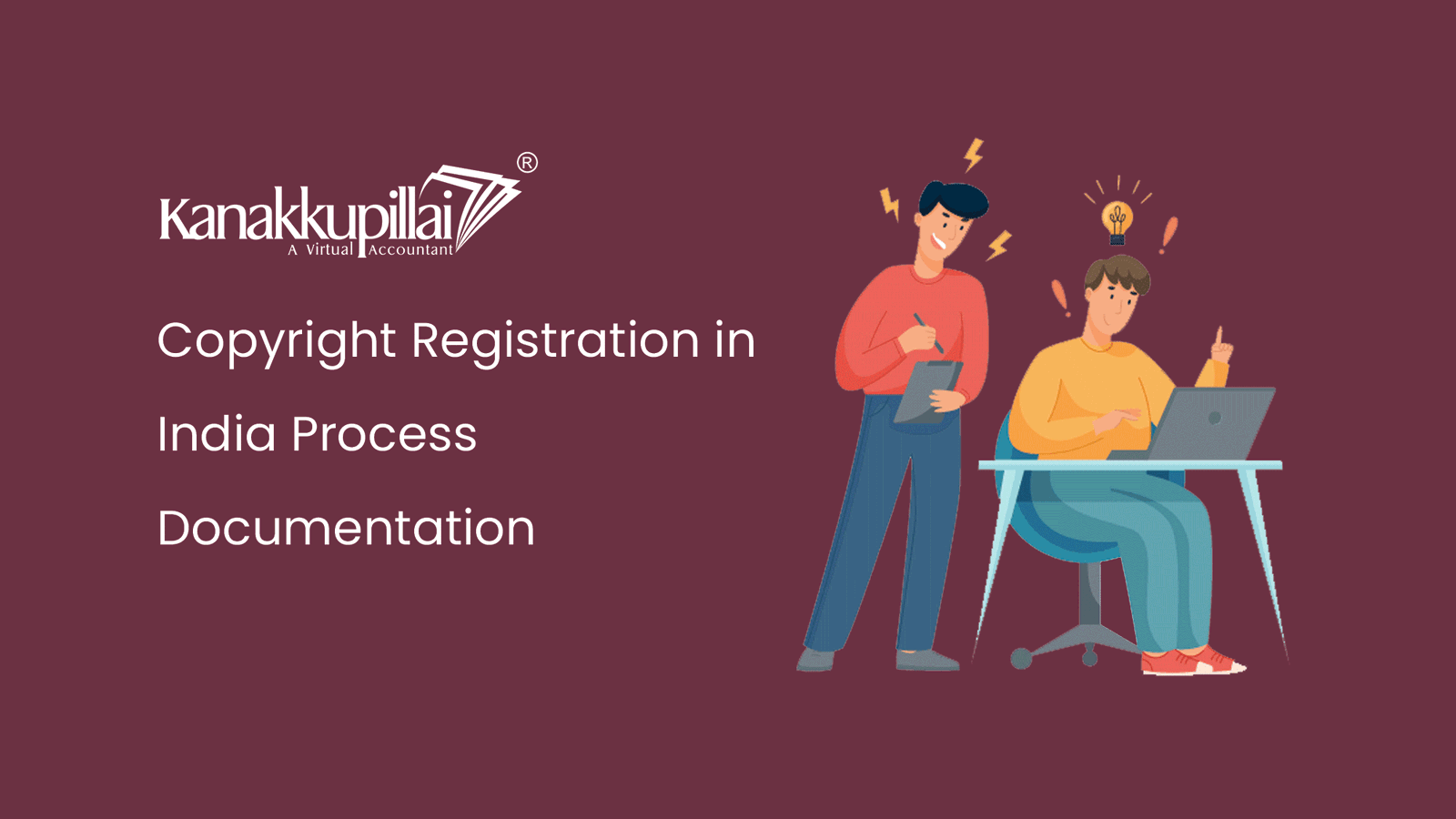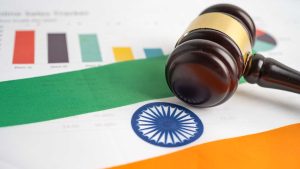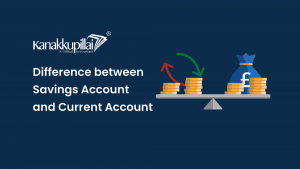![]()
Copyright registration in India is the legal authority to a creative work or a start-up. It is also an intellectual property right through which you can process and claim if a third person or an organization uses your creativity or business plans without the proper permission and documentation.
The Copyright Act, 1957 helps each of the creator to have ownership on the creative/ innovative product and it cannot be used without the prior permission from the creator. Hence, the owner of the product has the rights to condemn a person or a firm for using his/her creativity by this Act. Not only this Act safeguards but also provides a legal solution to these problems.
Things That Can Be Protected By Copyright Law
- Media works including the script for films and dramas.
- Creative works like paintings and photographs.
- Musical recordings.
Required Documents To Get A Copyright Registration In India
- Two copies of the work or creative or idea as a document to be protected under copyright registration.
- Name, Nationality and Address of the copyright registration applicant.
- Nature of the applicant’s interest in the creative/work that needs to be copyrighted.
- Title of the creative/work.
- Name, address and nationality of the creator of the work; if the creator is deceased, his date of death.
- Name and year of the country of first publication of the creative/work and address, name and nationality of the creator.
- Countries and year of subsequent publications, if so any, names, address, and nationalities of the publishers.
- Nationalities, Addresses, and Names of the owners of the having rights in the copyrighted creative/ work, and the extent of the right held by every owner, together with assignments particulars and licenses, if available any.
- Nationalities, Addresses, and Names of other people, if any, authorized to license the rights incorporating the copyright.
- A No-objection certification from the Trademark Registry.
- The application must be signed by the applicant or the advocate (in whose favour a Power of Attorney has been executed). The Power of Attorney signed by the party and accepted by the advocate should also be enclosed.
Procedure
1. Application
The initial step is to file the application for copyright registration, and it could be done by either the individual who needs the copyright or by the legal representative of the individuals. Once filing the copyright form, you can submit it directly at the copyright office or you can speed post it or can be submitted in the official website of copyrights office http://copyright.gov.in/.
Every application should be incorporated by the requisite fee prescribed in the rules of the second schedule. This fee ranges between 500 and 40,000 ₹ depending upon the form of copyright/work & this fee can be paid by either Demand Draft or Indian Postal Order (Registrar of Copyright Payable at New Delhi). List of information to be attached with the application are as follows,
- Address, Nationality and address of the applicant.
- Applicant’s nature of work.
- Title of the creative/work.
2. Examination
As soon as the application is filed, the person who applies for copyright will be receiving a diary number. With this number, he/she should wait for a period of 30 days to check whether any objection is filed against the product/work/creative. If in case any objection is filed against, then the process takes for more than a month. On this case, the Registrar of Copyrights gives a chance to both the parties to justify from their end. If in case, the objection is removed, the application goes to scrutiny & the applicant is often asked to remove discrepancy within 30 days if found any.
3. Registration
On successful submission of all the necessary documents, if the registrar ( Copyright) is satisfied with the correctness and completeness that is made in the application, he will then proceed to enter the particulars of the copyrights in the copyright registry and issue the Copyright certification.
Significance And Benefits Of Copyright Registration
- Copyright protection makes sure the minimum safeguards of the rights of creativity over the creations, hence rewarding and protecting creativity.
- A creator with copyright registration has the advantage to either sell or transfer his/her copyright to someone else for free or on some royalty basis.
- Copyright enables and encourages the creator or an enterprise to document and materialize their distinct work.
- Copyright by a bridge in the form of economic rights entitles the creators to get an associated financial award legally like creating copies, and broadcasting, performing in public etc.





